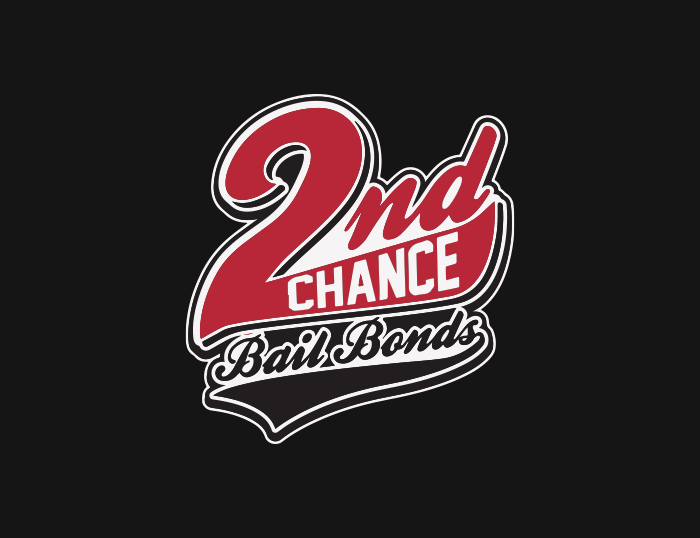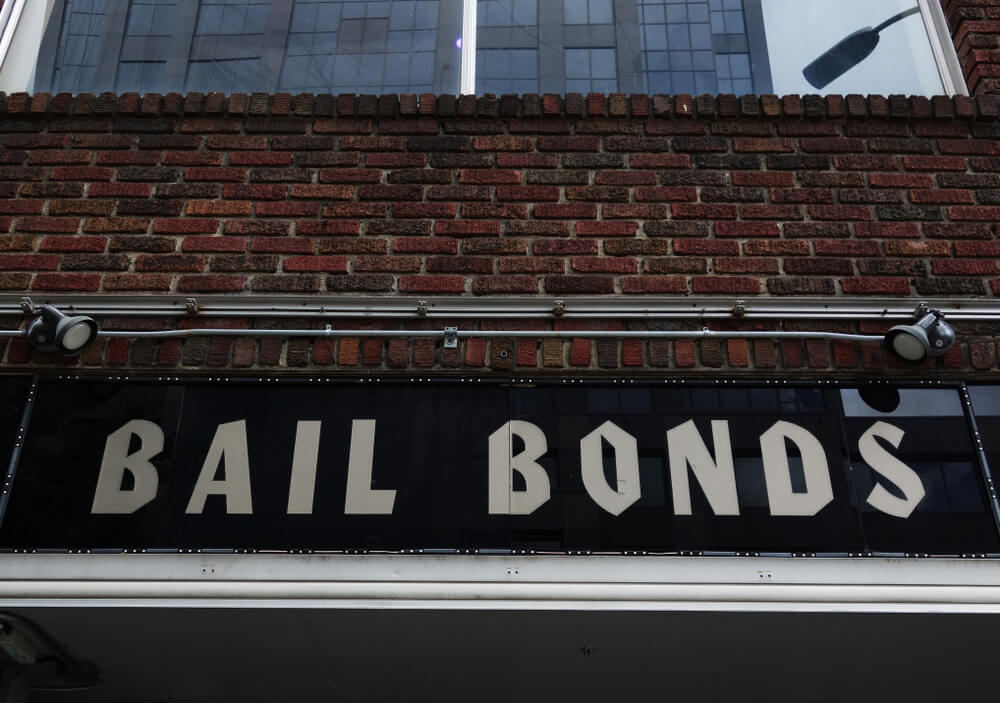When a bail bonds agent, commonly known as a bounty hunter, uses lethal force against a fugitive who has skipped bail (referred to as a “bond jumper”), the legal and ethical implications are significant. Such incidents can result in criminal charges against the agent, civil lawsuits, and intense public scrutiny.
Legal Considerations
- Justification of Force – Bail bonds agents are generally permitted to use reasonable force to apprehend fugitives. The use of deadly force is typically restricted to situations where there is an immediate threat to the agent’s life or the lives of others.
- State Laws – Regulations governing the actions of bail bonds agents vary by state. Some states have specific statutes outlining the permissible use of force, while others may apply general self-defense laws.
Notable Incidents
- Newark, California (2024) – A bounty hunter fatally shot a fugitive during an attempted apprehension. According to reports, an altercation occurred, leading to the shooting. The bounty hunter remained at the scene and cooperated with authorities.
- Alamosa, Colorado (2023) – Bail bondsman Robert Thrash was charged with murder after allegedly confronting and shooting his client, Phil Lucero, during a dispute. Thrash had previously posted bail for Lucero, who had failed to appear in court.
Consequences for Agents
- Criminal Charges – Agents may face charges such as manslaughter or murder if the use of deadly force is deemed unjustified.
- Civil Liability – The families of deceased fugitives may file wrongful death lawsuits against the agent and their employer.
- License Revocation – Inappropriate use of force can result in the loss of the agent’s license to operate.
Conclusion
The use of deadly force by bail bonds agents is a complex issue governed by a combination of state laws and ethical considerations. Agents must exercise extreme caution and ensure that any use of force is legally justified to avoid severe legal repercussions.





